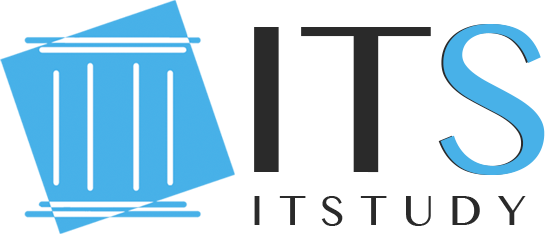
Secondary school teachers' attitudes toward AI integration in teaching – A survey across four European countries
iTStudy conducted a survey in 2024 with secondary school teachers from four European countries—Hungary, Italy, Spain, and Lithuania. The survey aimed to provide an initial insight into teachers' attitudes toward the emergence of AI, their understanding of its potential impact on their lives and teaching, and their perceptions of both its opportunities and risks.
An online questionnaire was implemented on the survey platform of the European Union (https://ec.europa.eu/eusurvey/) in five languages , and the data were collected from 17 to 23 July 2024. The statistical analysis was based on the sample with the 271 responses, from which 2 responses didn’t come from the target countries, so in the analysis we used 269 samples.
Our research assumptions were as follows:
- Teachers experience significant uncertainty and confusion about AI, often holding misconceptions about the skills required for its effective use.
- They recognize AI's increasing influence across various economic sectors and acknowledge the need for vocational education – along with their own teaching practices – to adapt accordingly.
- While many teachers feel unprepared to integrate AI into their classrooms, they are aware that many students are already engaging with this technology.
- Teachers are open to incorporating AI into their teaching but require professional development and upskilling to use it effectively alongside modern pedagogical approaches. However, the adoption of innovative teaching and assessment methods remains below expectations, with traditional frontal teaching still being predominant.
Although the survey was not fully representative, the sample size allows important and statistically validated conclusions to be drawn, which are in line with the key findings of relevant national and international studies.
